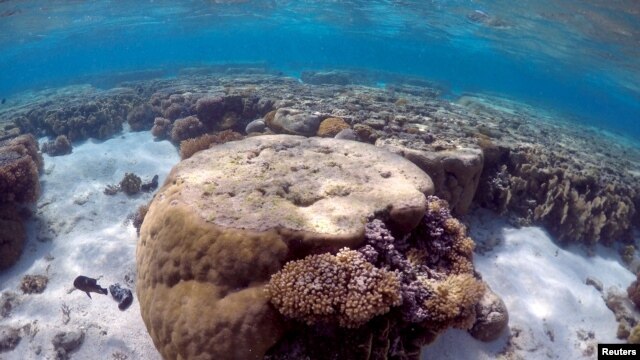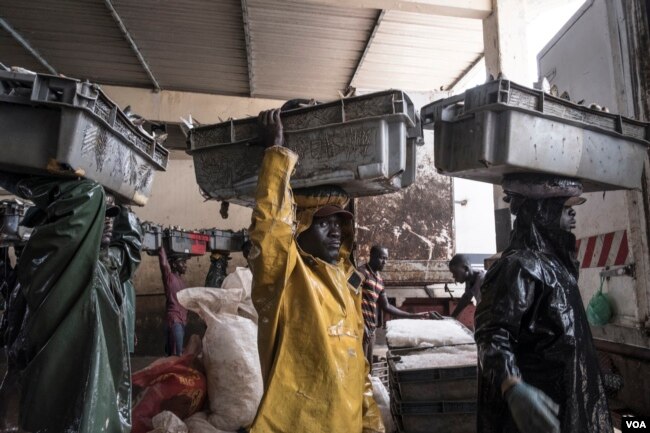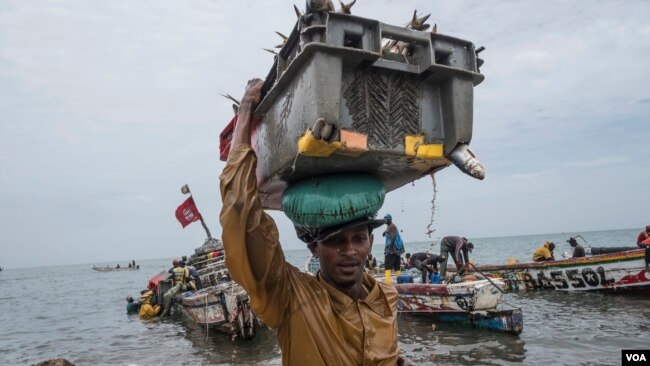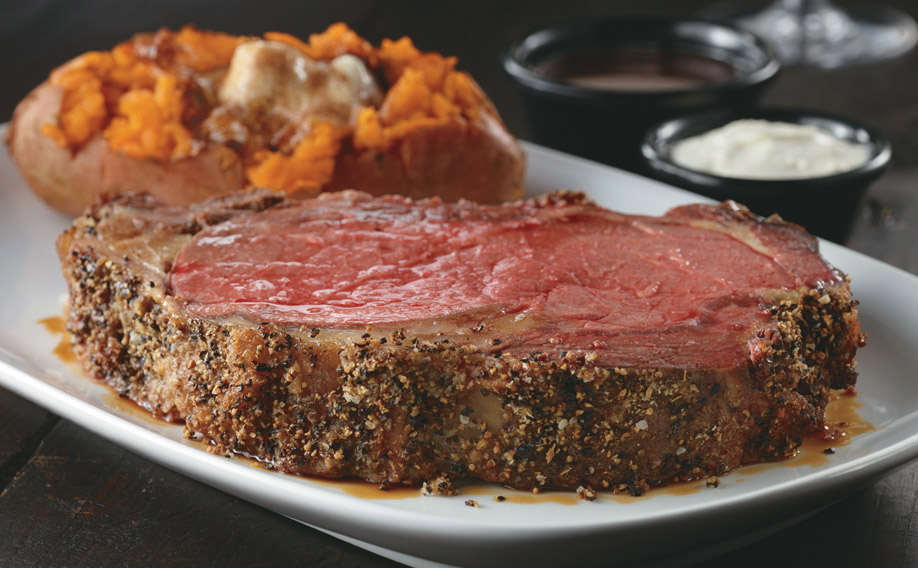David_42
Registered Democrat.
- Aug 9, 2015
- 3,616
- 833
- 245
It is horrifying what is occurring to our oceans..
Climate Change And Overfishing Are Driving The World’s Oceans To The ‘Brink Of Collapse’
Climate Change And Overfishing Are Driving The World’s Oceans To The ‘Brink Of Collapse’
Within a single generation, human activity has severely damaged almost every aspect of our global oceans.
That’s the finding of a new World Wildlife Fund study, which revealed that marine populations have declined 49 percent between 1970 and 2012. The WWF’s Living Planet Index database, maintained and analysed by the Zoological Society of London (ZSL), tracked 5,829 populations of 1,234 species ranging from sea birds to sharks to leatherback turtles to coral reefs. This dataset was almost twice as large as last year’s and focused on the effects climate change, habitat degradation, and over-fishing has taken on marine biodiversity.
“The picture is now clearer than ever: humanity is collectively mismanaging the ocean to the brink of collapse,” wrote Marco Lambertini, Director General of WWF International, in the report. Over-exploiting fisheries, damaging marine habitat, and global warming have all contributed to the degradation of the world’s oceans.

CREDIT: DYLAN PETROHILOS/THINKPROGRESS
Populations of the Scombridae family of fish, which includes tunas, mackerels and bonitos, have fallen by 74 percent due to overfishing. The study refers to this overfishing trend as the “race for fish:” Humans are fishing at a faster rate than species can reproduce. A growing world demand for fish — partly driven by fishing subsidiesestimated at up to $35 billion per year — is depleting many coastal fisheries and causing fishing fleets to look further into deeper waters. The declining stocks of bluefin and yellowfin are of particular concern, as populations of adult Pacific bluefin were estimated to be as low as 40,000 individuals last year.
Louise Heaps, Chief Adviser on Marine Policy at WWF-UK, said in the original press release that “by over-exploiting fisheries, degrading coastal habitats and not addressing global warming, we are sowing the seeds of ecological and economic catastrophe.”
Climate change is causing the ocean to change more rapidly than at any other point in millions of years, according to WWF. Rising temperatures and increased acidity levels caused by carbon dioxide emissions in the atmosphere further weaken ocean systems and degrade habitats, like coral reefs and mangroves.
The study predicted the possibility of losing all coral reefs by 2050 due to warming oceans and ocean acidification. This is not only a huge danger to a quarter of all marine species that live in coral reefs, but also to the communities that rely on reefs for economic and social benefits. WWF reported that 61 percent commercial fish stocks are fully-exploited.
Ken Norris, Director of Science at ZSL, said in the press release that “the ocean works hard in the background to keep us alive.” Our world’s oceans generate half of the world’s oxygen and absorb almost one-third of carbon dioxide produced from burning fossil fuels. Besides natural benefits, the ocean also feeds billions of people around the world. According to the report, fisheries and aquaculture assure the livelihoods of 10 to 12 percent of the global population.









